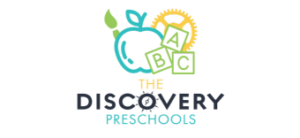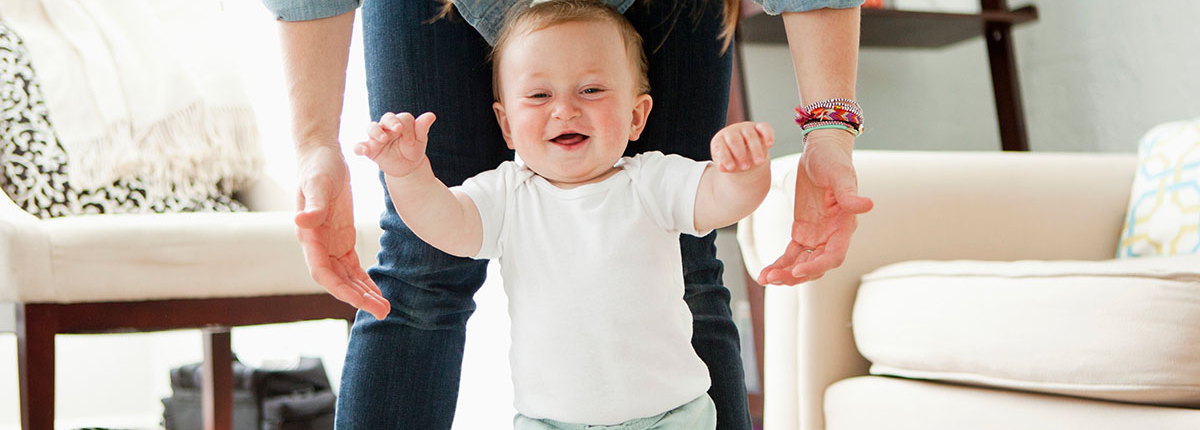Bridging the Gap from Dependency to Self-Sufficiency
As every teacher knows, education is ever-evolving, as in all sciences. We are grateful to have had the opportunity to bring Abbi Kruse, a certified instructor from Conscious Discipline and a leader in social-emotional learning, for our back-to-school professional development day.
Conscious Discipline ® (Bailey, B.A. (2015), Conscious Discipline: Building Resilient Classroom, Expanded & Updated Edition, Loving Guidance Publishers) equips students with the tools to respond from the higher centers of the brain rather than react with the lower centers of the brain. This model requires a shift from a compliance model to a relationship-building mindset. Conflict is viewed as an opportunity for growth.
Changing our perspective on behavior management is essential. In the United States, 60% of adults report having adverse early childhood experiences. The impact of COVID is now evident based on the newest study out of Stanford University. Researchers at Stanford used a structural topic model to effectively analyze 38,171 parent responses from April 2020 until April 2022. Although some aspects of daily life have shown improvement (i.e. restrictions, employment opportunities, etc,) challenges with well-being and emotional distress continue to escalate.
Conscious Discipline has seven skills:
- Composure
- Encouragement
- Assertiveness
- Choices
- Empathy
- Positive Intent
- Consequences (natural, logical, & problem-solving)
These skill sets compromise the core competencies:
- Safety
- Connection
- Problem-solving skills
Start simply by ensuring safety first, building connections, and allowing consequences to occur. Try these acronyms to get you started on this new approach:
NARCS to create a safe environment
Noticing
Asserting (not being permissive or authoritative)
Routinizing
Composing
Securing a safe space
REJECT (to reduce undesirable behaviors)
Rituals for connection
Encouragement
Jobs
Empathy
Choices (limit to 2)
The school family
Change begins within us all and may be transferred to our children. Shifting mindsets to create independent, responsible, compassionate world citizens may be cumbersome, but the results are surely well worth the effort. In the words of Maya Angelou, “I’ve learned that people will forget what you said, people will forget what you did, but people will never forget how you made them feel.
(Bailey, B.A. (2015), Conscious Discipline: Building Resilient Classroom, Expanded & Updated Edition, Loving Guidance Publishers)


